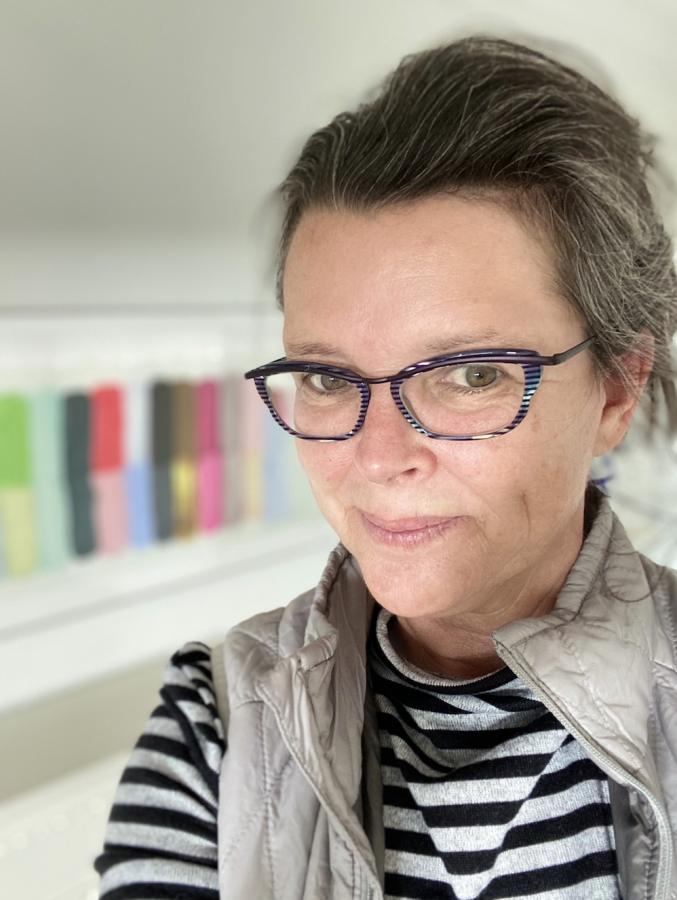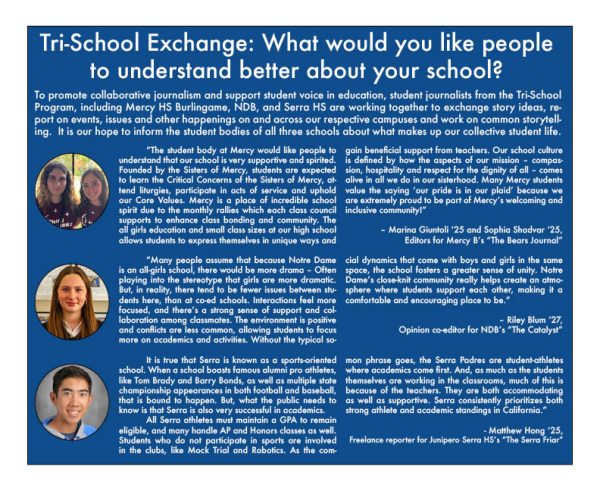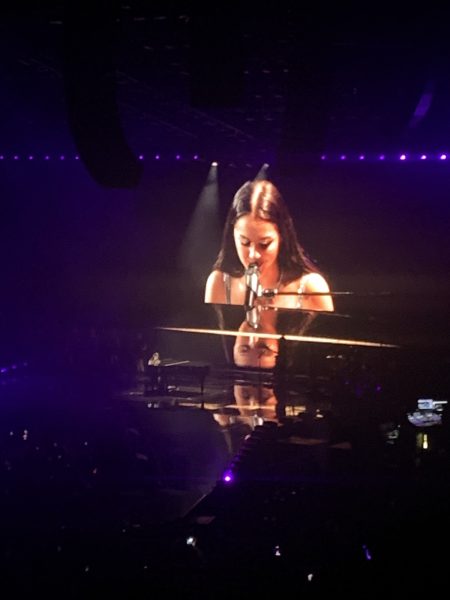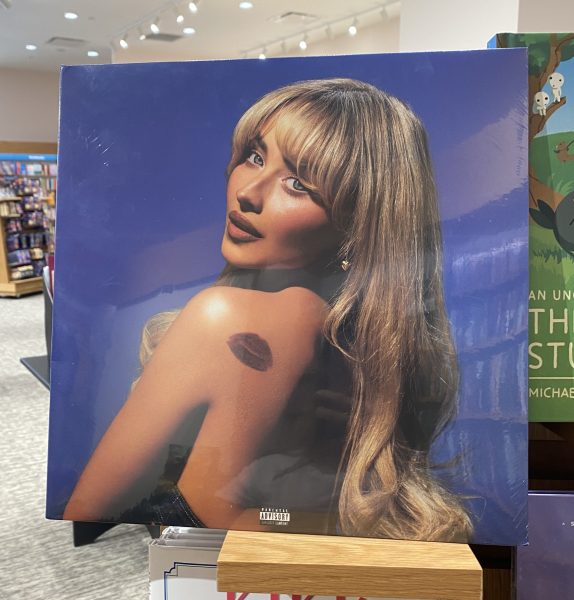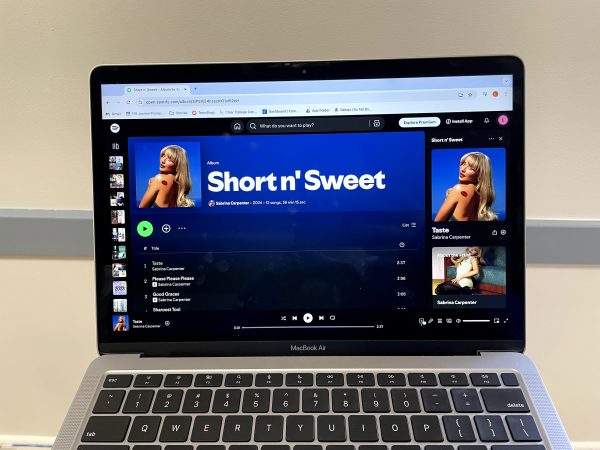Q&A with Breast Cancer Patient
The Catalyst / Adeline Ventura
Contributing Writer Adeline Ventura sat down with breast cancer survivor Alexandra Enright to discuss her experience as a patient and share ideas on how to support those with breast cancer
The Catalyst (TC): Could you share some background information on your experience with cancer?
Alexandra Enright (AE): So, prior to my own diagnosis, I would say that my experience with cancer was pretty minimal. I work for the University of Maryland Medical System. I have had experience interacting with cancer doctors and cancer patients, telling their stories for my job, but otherwise nothing too personal.
TC: What was the trigger that you discovered you had breast cancer?
AE: I had a lump in my breast, and then I saw a doctor who said that I needed to go to the radiologist to have an ultrasound… Basically, they said that the ultrasound looked like it was a tumor and that it looked like I needed to have a biopsy.
TC: Can you share some of the emotions that you went through as you were diagnosed, shared this news with others and started your treatment plan?
AE: Yeah. So, I mean, obviously any time somebody says the word “cancer,” it’s frightening. It’s scary. It’s a little overwhelming. But, then I think that, for me, it was kind of “What is the next step?” [and] “What are the treatments that I am going to have to endure to put this behind me?” So, pretty quickly – it was a couple weeks, I guess – after my diagnosis, they told me that I would need to start with chemotherapy, and that I would need to do that. And then, I would have surgery. And it was kind of unclear at that point if I would have a lumpectomy, where they just kind of pull out the cancer, or have a mastectomy, and then whether or not I would need radiation. So, the thing about it is, until you have breast cancer, you don’t really understand there are so many different types of breast cancer… Mine was called EGR2+. …In addition to the chemotherapy, I had to have two additional drugs for a full year because of the type of cancer it was.
TC: What do you think high school students should do to help patients such as yourself?
AE: I think you could do things like put a note in the mail, a card that says some supportive message… They could just be having a bad day, and your note, right then and there – it feels like they are being supported by somebody out there. Bake chocolate cookies and deliver them. Even if she doesn’t want to eat them, they could take them to the chemo infusion center and give them to the nurses. If they are going through chemo and they are going to become bald, get some head wraps or things like that.Or, even a stack of magazines.
TC: Has anything positive come out of your experience?
AE: Yes. I do think I had a renewed faith in people. I met some new, really great people. The doctors and nurses were so kind and so helpful. They made me feel secure and safe when I went into the infusion center. People are quick these days. Like, you go to a parking lot and everybody is just honking at you, telling you to hurry up and get into your spot. And, it was just nice to have people who were there looking out for you and helping you.
TC: What are your thoughts about all the pink that shows up in October?
AE: I just went to a soccer game, and all the boys on the other team had on pink socks. I mean, do those kids really think about it? I don’t think so. I guess it’s good that some people are drawing attention to it at some point in the year. With the pandemic, I think a lot of women put mammograms and their care on hold. So, maybe this October seeing the pink will make them think they should get a mammogram because they didn’t get them the past two years because of the pandemic.

